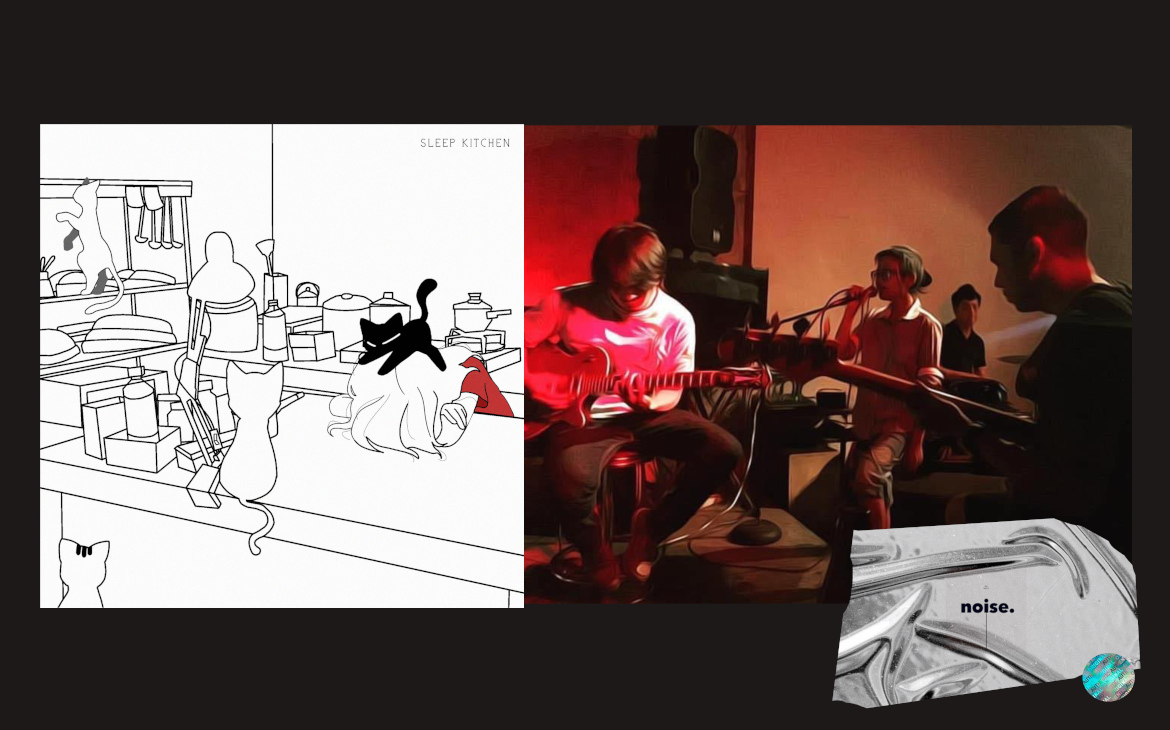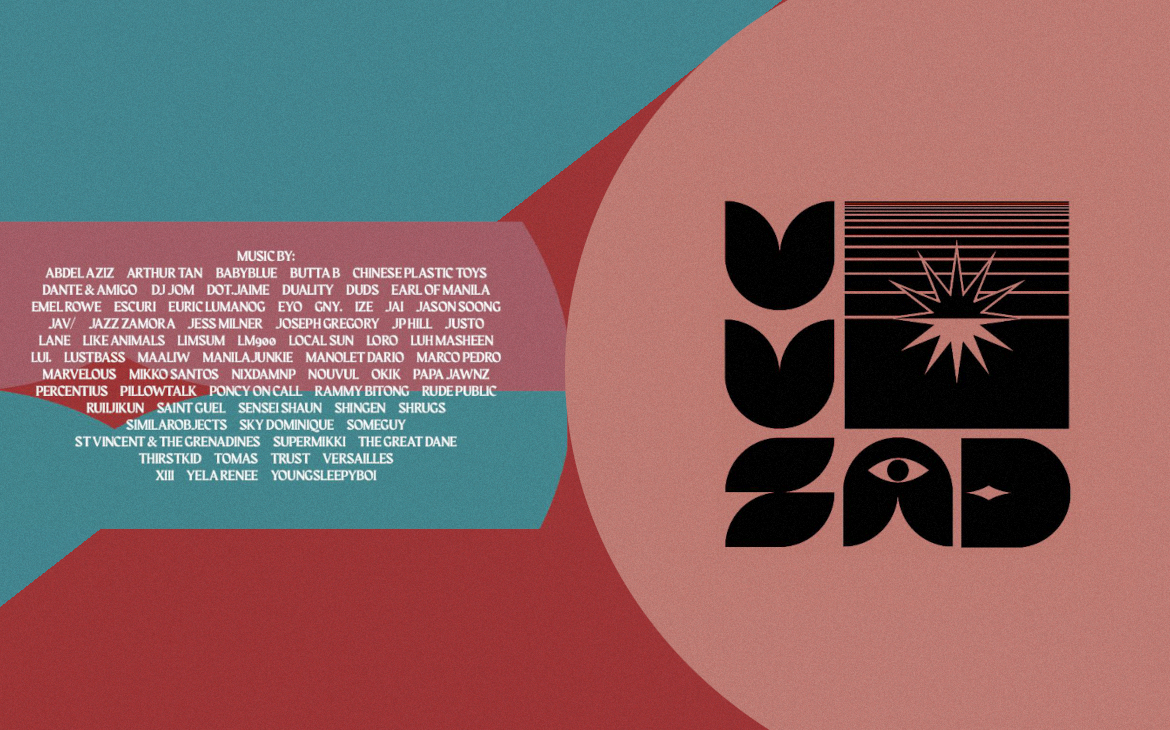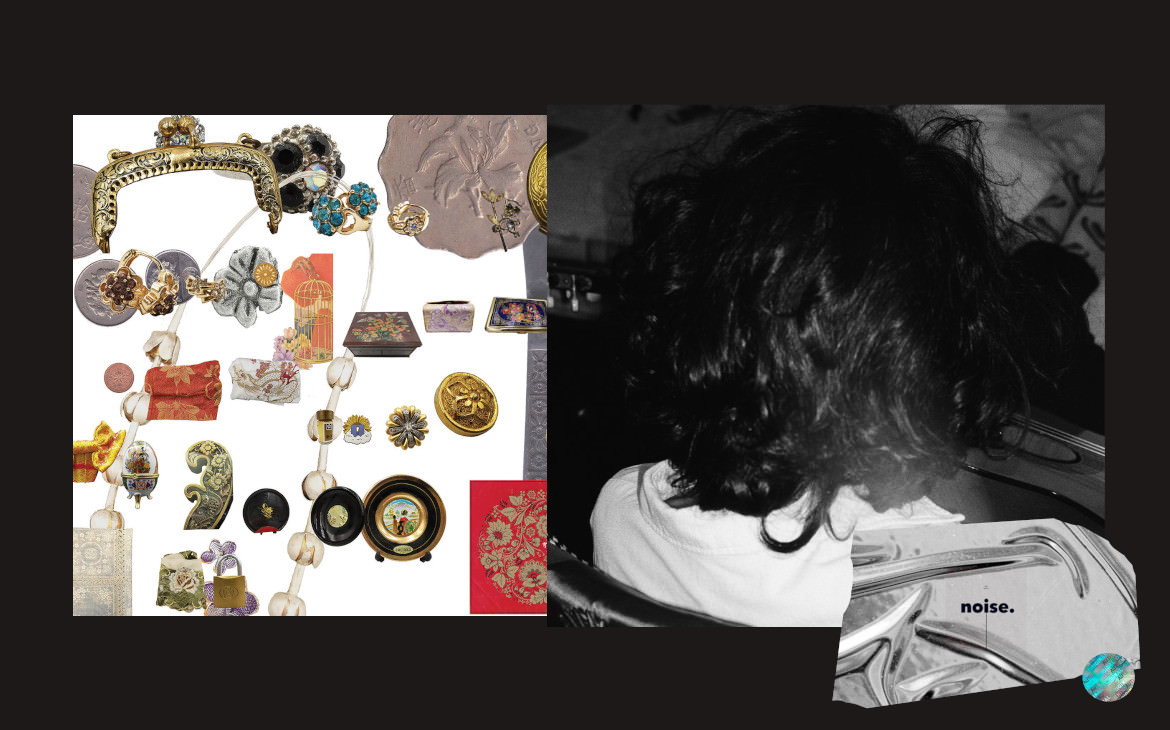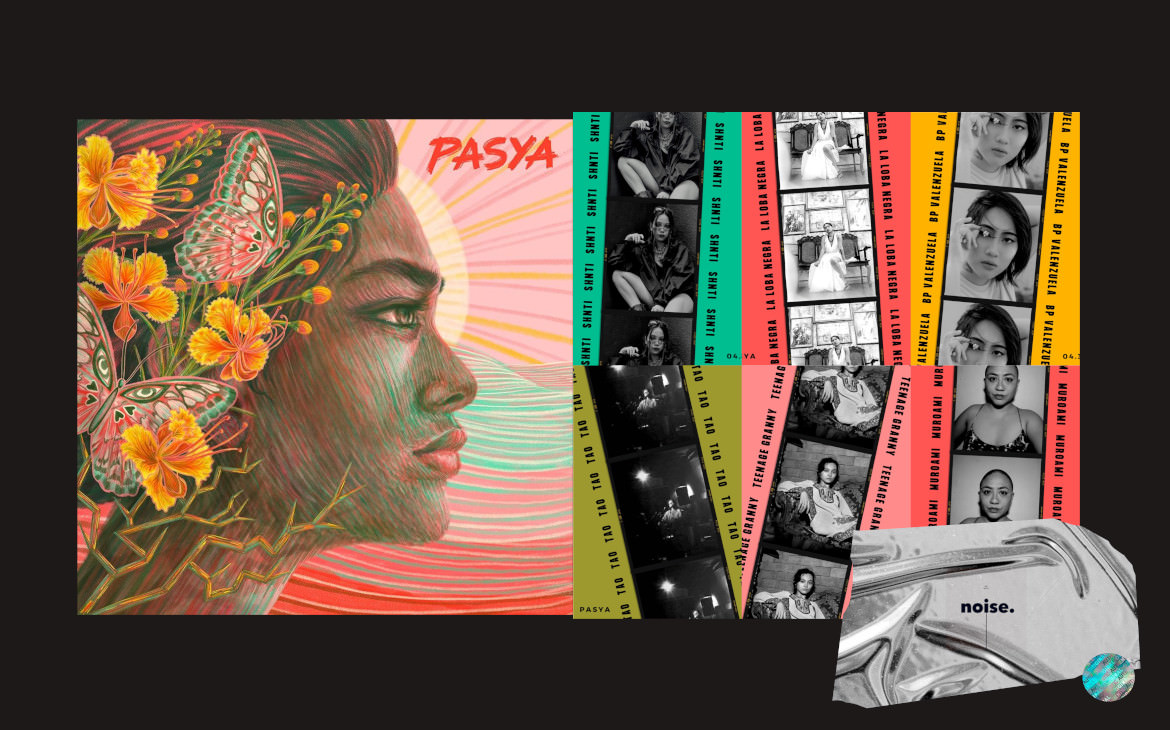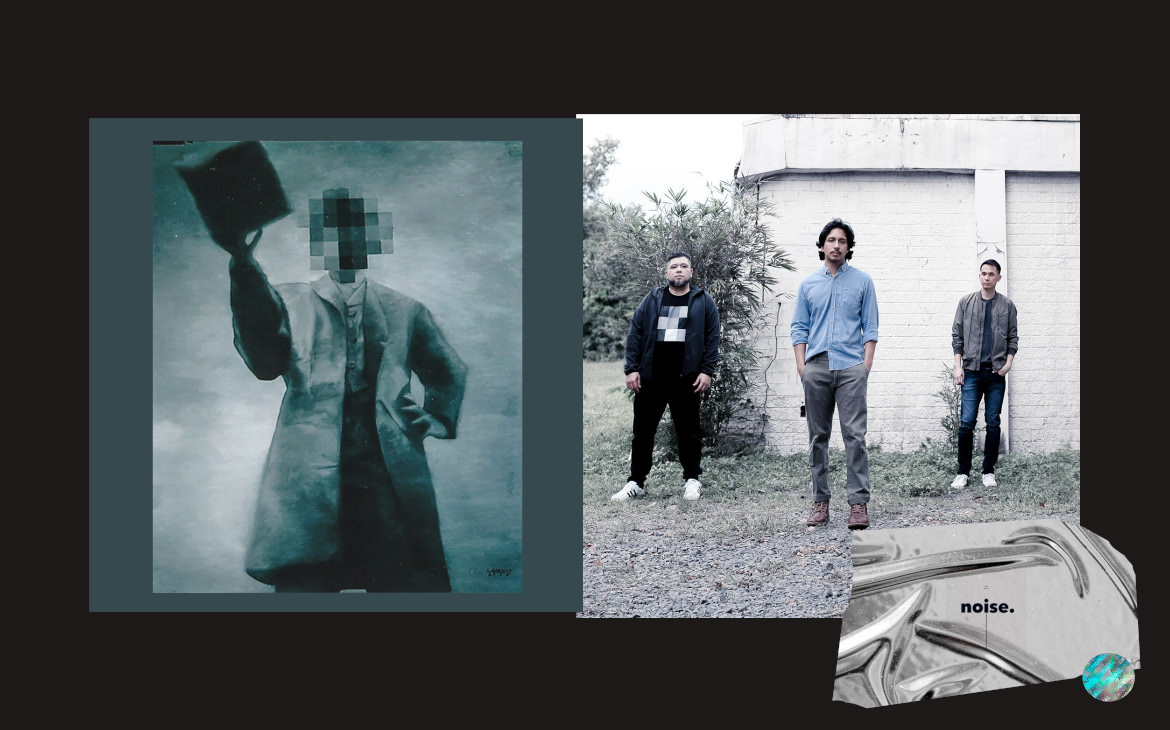Words by Aldus Santos
As a story, Sleep Kitchen is mighty compelling. It’s basically an act that’s slimly bookmarked by its own birth and death. It’s also flanked by the intertwined mortalities of its time and creative milieu: the ardent 2010s vis-à-vis the now-tragically-defunct Catch 272.
Those were heady days, and that well-loved dive equally so.
There is also the matter of framing and reframing, because this, the band’s debut release—and subsequent swan song—carries songs once before associated with Tao Aves, solo artist. In short, there might, one would suspect, a sense of furniture merely being rearranged, or of hand-me-downs simply getting mended to fit new bodies.
“For a long time, I resisted going back to [these songs] for a full-band arrangement,” Aves tells the NME in a recent interview.
That resistance is understandable, and ultimately palpable, when one zeroes in on the stark contrast in instrumentation and character.
Going through old boxes of curiosities, in fact, I recently stumbled upon a CD-R handed and inscribed to me and my wife by Tao herself (I’d place the age of the disc to ten years, easily more). In felt-tip, in her (I imagine) fresh-out-of-college handwriting, it simply said Kitchen: Tao Aves, then seven song titles, at least three of which I recognize as being breathed new life this year as Sleep Kitchen.
Given the immense reimagining in those numbers—“Milenya,” “Unos,” “White,” and also, not on my disc, but “Raven,” an early version of which appears in a FILSCAP compilation somewhere—the intricacies of interpretation come into play.
But really, settling for an acoustic-against-full-band dichotomy is akin to using a prefab frame instead of a handcrafted one.
And I say that because the work the rest of the band put in—guitarist Gino Villamor, bassist Miguel Dayanghirang, drummer Zerro de Leon—is worth more than a nudge of a lampstand, or, to pursue another metaphor used earlier, a quick sweep of flat iron.
Between the decade-old versions and these ones, cadence is rethought, sometimes beyond recognition, and you get the sense that songs aren’t just recordings, philosophically speaking, and recordings are closer to crystallized readings, if you may.
That said, these specific “readings,” while arranged with great restraint, are produced with a stunning resolve by Jayme Ancla (the magnificent rhyme fiend Calix). That resolve doesn’t just come from volume or grandiloquence—listen to something like the barebones “Mukha Mo” and you just know Tao can kill in any milieu—but the upfront quality of the mixes, and the chest-thumping tenor of the performances. In a post on their Facebook page, the band tips their hat to him by saying, “You put us on top of the hill and gave us a megaphone.”
I have thus far avoided tagging the band as a neo-soul fan’s wet dream, because while it’s tempting to map them in the Erykah Badu-Jill Scott continuum, Sleep Kitchen’s penchant for extrapolating on dissonant motifs makes the experience of listening to them a more engaging (and thus more meaningful) one. In short, it’s not all hollow acrobatics, dog-eared chord progressions, and predictable turns of phrase, but more like the soul equivalent of Beat Generation-style verse or gonzo journalism.
In some ways, the solo-Tao versions and these ones spell the difference between something like, say, Blue and Mingus: both masterworks, for sure, but one is more welcoming, the other more reticent. Some days I’m torn as to which is which, because either Joni Mitchell records can be such an emotional jettison while also being committed to reinvention.
The hats (or shoes?) change, but the spirit remains the same. Nevertheless, Sleep Kitchen peaks in the more pronounced pulse of numbers like “Andun Ka” and “White,” because it is in their vigorous pivots that the retelling becomes purposeful. To my mind, the album is a great metaphor for collaboration itself, and to an extent, the transitory import of song arrangement.
What makes a song a song? What is song-ness, and if the seams show does it matter? In the end it’s the very asking, the grappling and stumbling in the dark, that makes the art: the approaching, never quite the arriving.

